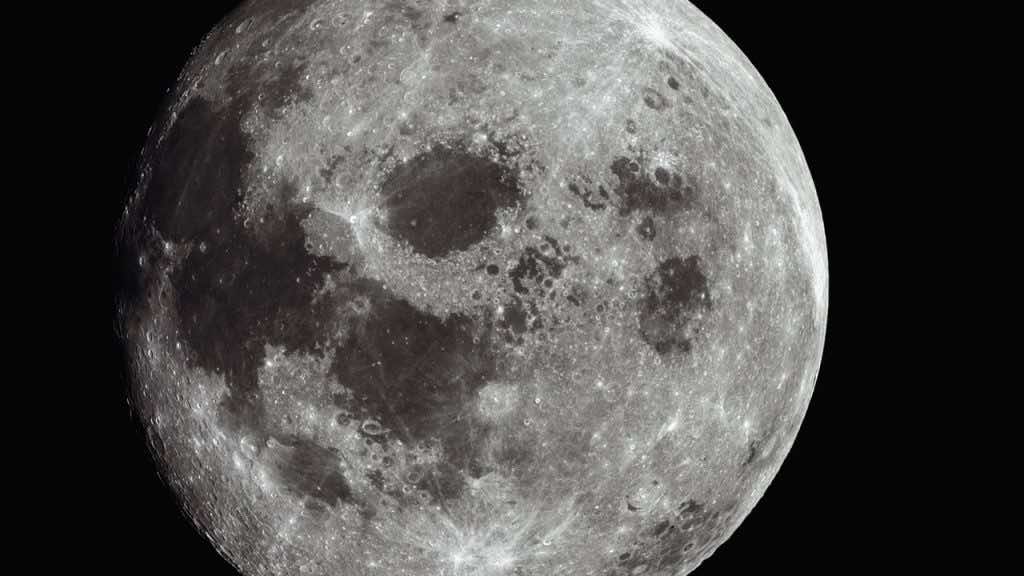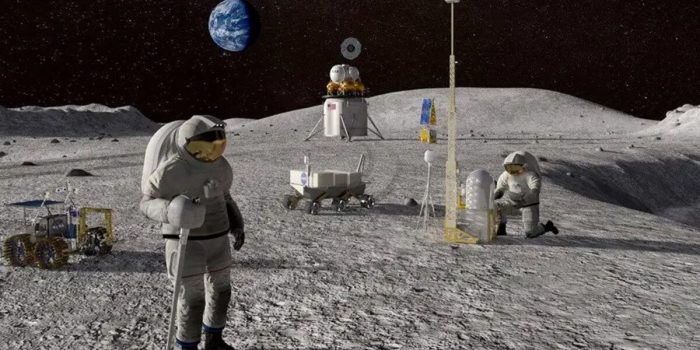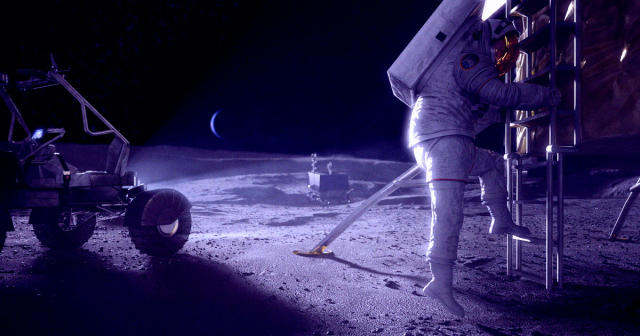Contrary to popular belief, NASA suggests that the Moon might not be a lifeless place. As astronauts prepare for a potential landing in late 2025, scientists speculate that microbial life could exist in the permanently shadowed craters of the lunar south pole. They ponder whether life from Earth could have survived the journey to the Moon.
“One of the most striking things our team has found is that, given recent research on the ranges in which certain microbial life can survive, there may be potentially habitable niches for such life in relatively protected areas on some airless bodies,” Prabal Saxena, a planetary researcher at NASA’s Goddard Space Flight Center, told the site.
This discovery holds significant importance as NASA considers 13 potential landing sites near the south pole for the upcoming Artemis 3 mission, marking the first crewed mission to the Moon’s surface in over 50 years.
Saxena and his team presented their research at a workshop, advocating for the consideration of microbial life on the Moon.
While experts acknowledge the possibility of organic molecules arriving on the Moon through meteor impacts, the survival of microbes during the journey remains uncertain.

Additionally, there is a chance that humans may have inadvertently left microbes on the Moon during previous missions. For instance, in 2019, a failed lunar lander deposited resilient tardigrades on the lunar surface.
“We view humans as the most likely vector [of microbes] given the extensive data that we have about our history of exploration and the impact record as a second, albeit less influential, early terrestrial source,” NASA Goddard organic geochemist Heather Graham told Space.com.
Hence, if life is eventually found on the Moon, it is likely to be of Earthly origin. But continuing our thirst for knowledge, the discovery of microbes can survive on the Moon will have significant implications and expand our understanding of life’s possibilities.



